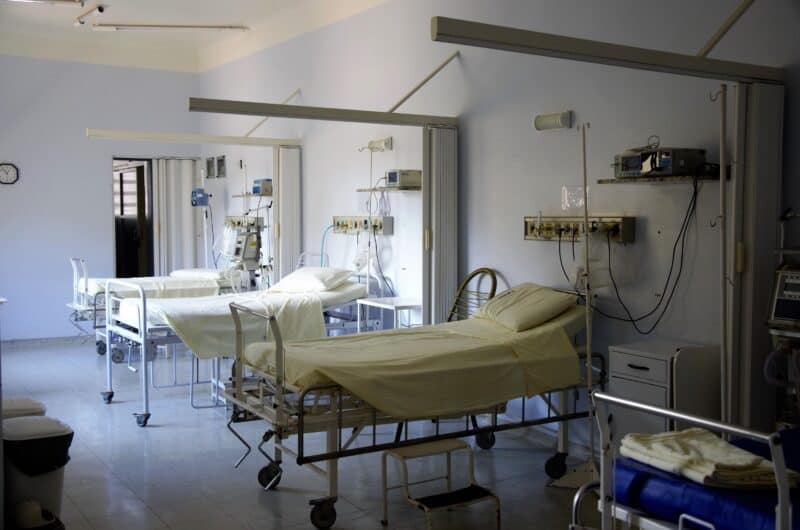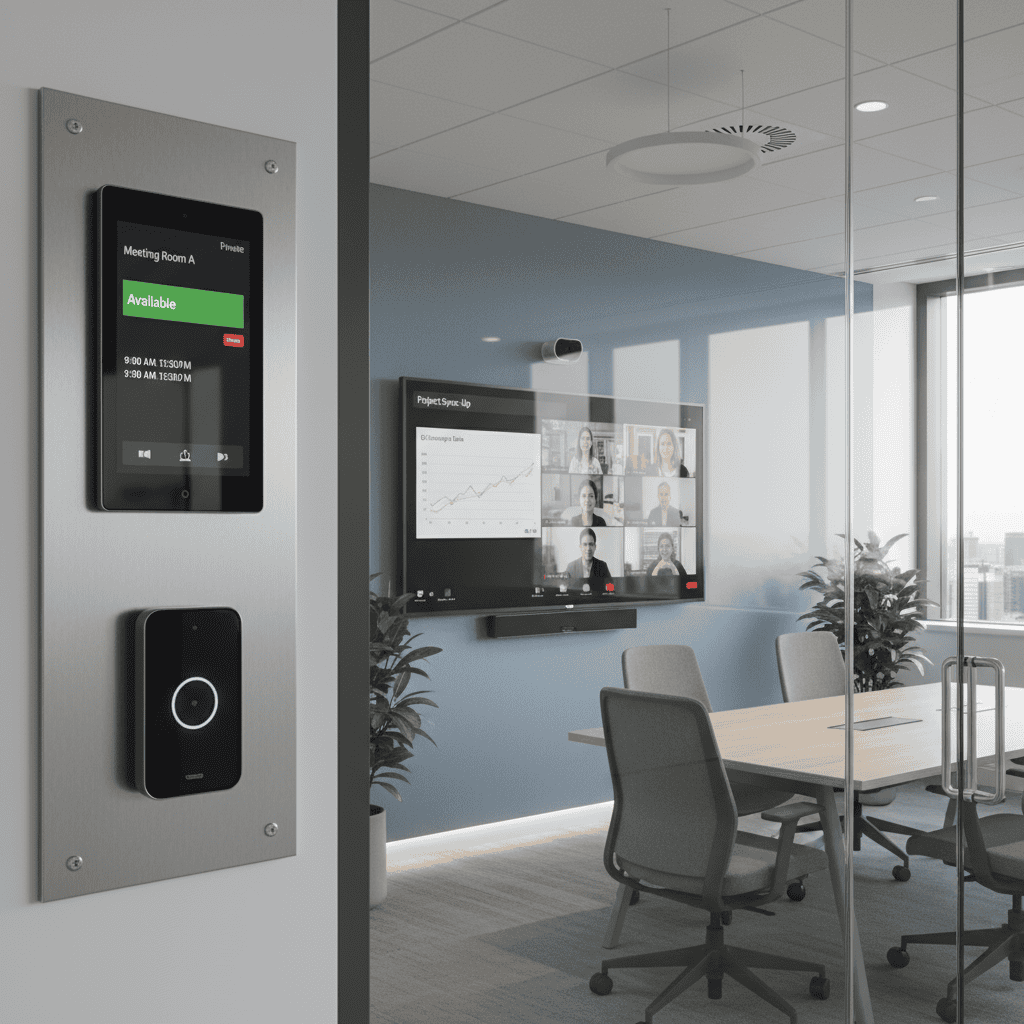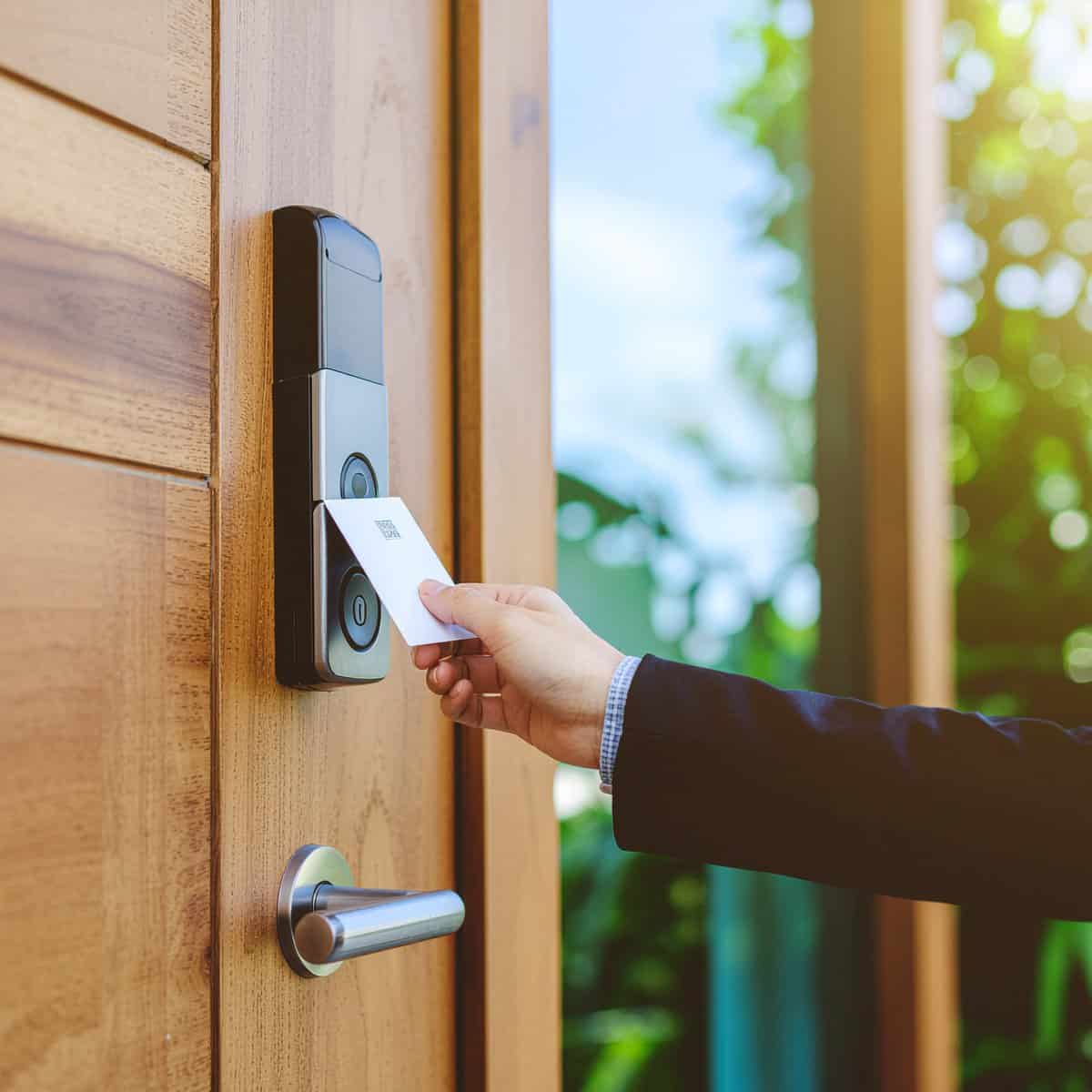Improving Patient Outcomes With Sound Masking In Healthcare

Noise is a primary source of distraction in any workplace. In a medical environment such as a hospital, physician’s office, or dental practice, it can be worse than a simple distraction; it can become a liability.
In new construction, you can plan for acoustic privacy in the layout and use specialized materials to limit sound travel. When analyzing sound pollution and acoustic performance in pre-existing structures, your remedial options are limited — especially if you want to avoid remodeling.
Sound masking is an effective technology that also requires low installation effort compared to remodeling with sound dampening materials. It can also enhance patient outcomes and satisfaction while improving compliance with the Health Insurance Portability and Accountability Act (HIPAA).
What Is Sound Masking?
Sound masking is a complex technology that produces a simple effect: it introduces a frequency of sound into a space that is roughly matched to the level of human conversation without overpowering it.
The best sound masking systems use a network of microphones and speakers installed in or above the ceiling to measure conversational noise and adjust the amount of masking sound to match it. A central controlling computer processes the inputs from the various microphones and changes the sound output for that area rather than changing the sound universally.
Unlike white or brown noise, frequencies that can be grating over long periods of time, conversational sound masking is designed to blend in and reduce the intelligibility of a conversation for anyone in the near vicinity. Too much sound masking and people have to raise their volume to be heard; too little and anyone can eavesdrop — a major issue for organizations that need to comply with HIPAA.
Benefits Of Sound Masking In Healthcare
Sound masking in health care facilities will help improve privacy for patients, physicians, nurses, and caseworkers. It also helps with patient satisfaction and recovery.
HIPAA Compliance
HIPAA is written to protect the confidentiality of patient information, especially in the age of electronic health records. In healthcare facilities, this means making reasonable efforts to keep conversations about patient treatment or health information private.
And you can imagine that any busy hospital or healthcare office has lots of private conversations happening constantly. In fact, you want your staff and patients to communicate freely in order to achieve better outcomes. If patients are hesitant to share critical details due to fear of being overheard, it can cause problems down the road.
Sound masking provides additional sound privacy throughout your entire healthcare facility, not just behind closed doors.
Patient Comfort
The nature of healthcare is such that patients are people who are in a state of either physical or emotional discomfort — often both. The Pew Research Center found that 81% of adults are “very or somewhat sensitive” about the state of their health.
Improving patient privacy can do a lot to increase comfort and help patients and care providers communicate at the intimate level required to make meaningful progress. Sound masking improves privacy in ways that most people won’t be aware of consciously, but they will definitely feel and respond to.
Improve Patient Outcomes
A sound masking system can take the cacophony of a busy hospital or office and turn it into a manageable blend of background noise. This helps reduce distraction and disturbance, which is critical when it comes to sleep. In fact, studies have suggested that effective sound masking improved sleep by 42.7%. In turn, patients who sleep better rate their satisfaction higher and are readmitted at lower rates than those who don’t sleep well.
Another benefit for patients is that care teams can communicate more clearly, due to fewer auditory distractions, which lowers error rates and miscommunication.
Improve Employee Happiness
Just as you would expect from a conventional office space where employees are constantly battling interruption and distraction from work, sound masking can help healthcare workers feel happier and more satisfied in their jobs.
Noise is an unseen environmental factor that affects everyone except people with hearing disabilities. So it makes sense to take measures to create a positive sound environment that helps with productivity, relaxation, and satisfaction for everyone.
Where To Use Sound Masking
Sound masking may not be the right solution for every area of your healthcare facility, and there are some places you should prioritize first.
Waiting Rooms
This is one of the most common areas where patients can overhear private conversations and where it isn’t feasible to move everything behind closed doors. Waiting rooms are also typically large open spaces where sound masking technology can effectively cover the space.
Patient Rooms
It’s beneficial to use sound masking in patient rooms to reduce the chances that sound will carry into adjacent rooms. It also strengthens the patient’s perception of quiet and solitude, which aids recovery.
Examination Rooms
Another area where eavesdropping could cause major HIPAA violations is the examination room. Sound masking protects patients and caregivers from being overheard but preserves their ability to communicate during exams or procedures.
Offices And Administration Areas
Any place where employees and patients are discussing health details is a place where sound masking can help with privacy and HIPAA compliance. Administrative staff is constantly handling sensitive patient details, which means that sound masking provides a much-needed level of privacy and extra focus on the job at hand.
About i.e.Smart Systems
i.e.Smart Systems is a Houston, TX based technology integration partner that specializes in design and installation of audio/visual technology and structured cabling. For more than three decades, our team of in-house experts has partnered with business owners, architectural firms, general contractors, construction managers, real estate developers, and designers in the Houston market, to deliver reliable, scalable solutions that align with their unique goals.




